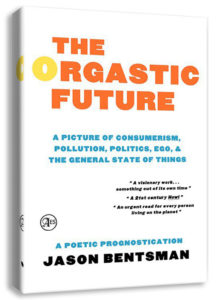
New Charter of the Rights of Persons for the 21st Century (a Draft)
I. Main Articles
Every person living on Earth or anywhere under its jurisdiction has the right to the following, which will be provided by the government or currently presiding collective body
1. Clean water and healthy food enough to satisfy their thirst and hunger
2. Sanitary and healthful lodging
3. Freedom from Physical Harm and Emotional Harm
4. Satisfactory medical treatment
5. Freedom of speech, peaceful demonstration, and legal representation
. . . . .
Any person(s) or organization(s) willfully depriving others of these rights shall be subject to prosecution.
This charter shall be interpreted broadly and compassionately, not narrowly and self-servingly.
See endnotes for consensus on what constitutes ‘Personhood’ and other salient terms used in The Charter and each Article. Also, see supplementary Charter of the Rights of Non-Human Animals and Other Sentient Beings.
Note: The fact remains that a large percentage of the world’s population live (or die) without access to sufficient food and water, shelter for the night and away from the harsh elements, freedom from physical and emotional torture and harm, and medical treatment.
Whether these rights inhere through God or the collective compassion of society is rather moot. But it should be incumbent upon government— or whatever the presiding collective body at the time— to provide at least these basic rights to every individual.
It’s a pretty simple point: in the 21st century, given collective knowledge and intelligence, and when we have so many resources at hand— and more than half the stuff manufactured and grown in the world gets thrown out— we should learn to manage resources better, and no one should go hungry, without shelter or medical treatment, and so on.
At least these basic things should be considered inalienable rights. (Not to mention access to Free Information, Education, and Transportation— but if people at least had enough to eat and a place to sleep, these would likely take care of themselves.)
In a highly developed, intelligent world, this kind of disparity is unacceptable, and indeed society cannot call itself ‘enlightened’ or ‘compassionate’ without redressing it.




Leave a Reply